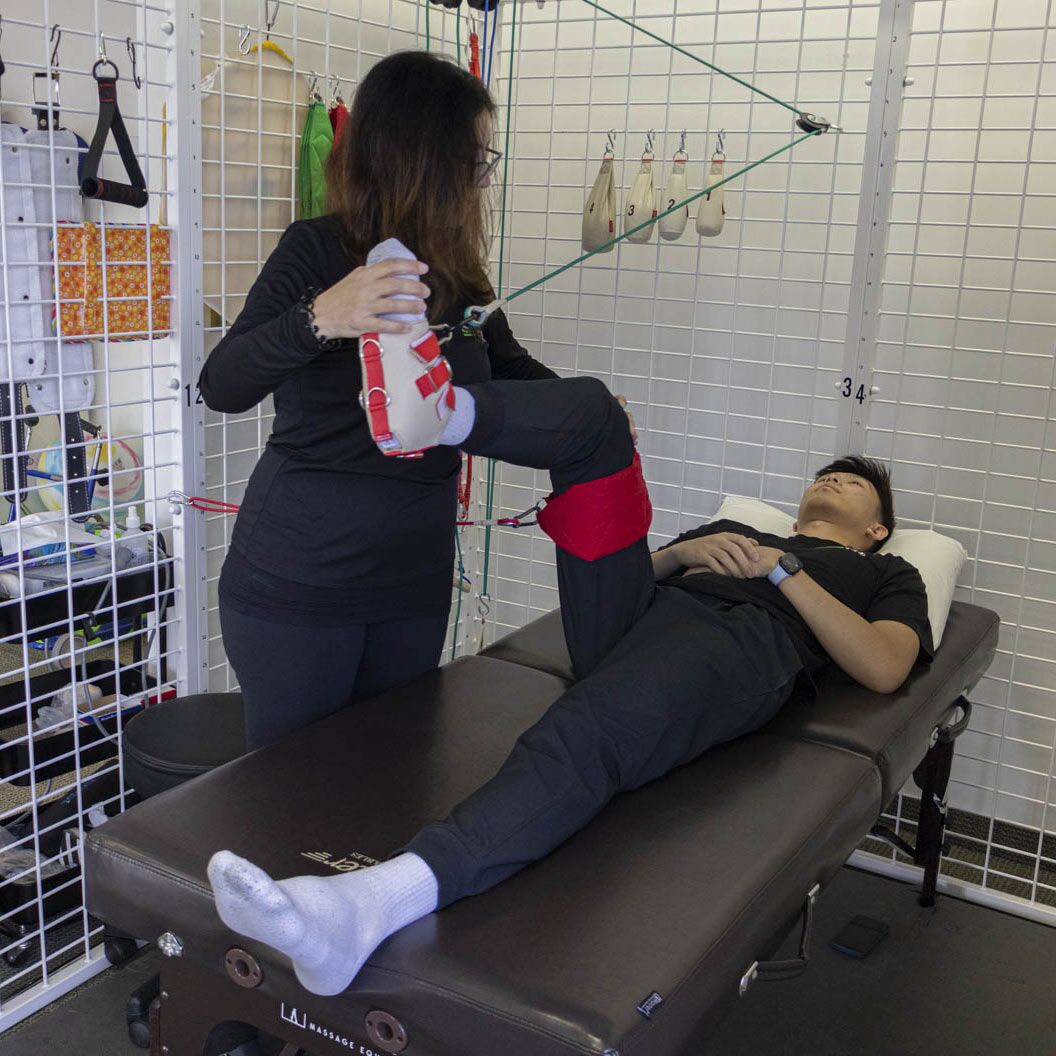Empowering Rehabilitation Through Physiotherapeutic Therapy Post Operation
Empowering Rehabilitation Through Physiotherapeutic Therapy Post Operation
Blog Article
Recovering from an operation can be a challenging process, but rehabilitation therapy plays a vital role in helping individuals regain their power and mobility. After surgery, the body needs time to recover, and physical therapy provides a systematic approach to recovery. This process not only centers on bodily rehabilitation but also emphasizes the significance of mental well-being. By participating in rehabilitation, patients can enable themselves to take control of their recovery and enhance their overall quality of life.
Physical therapy after surgery typically begins with an evaluation by a certified physical therapist. This expert assesses the patient's status, including their scope of motion, strength, and discomfort levels. Based on this evaluation, a customized treatment plan is developed. This plan may consist of workouts to enhance flexibility, muscle-building to rebuild muscle, and techniques to improve balance and stability. The therapist will lead the patient through these workouts, making sure they are performed safely and effectively. This tailored approach helps patients progress at their own pace while addressing their specific needs.
One of the main benefits of physical therapy is pain management. After surgery, many patients experience discomfort or pain, which can hinder their ability to move and participate in daily tasks. Physical therapists use various techniques, such as manual therapy, modalities like heat or ice, and specific exercises, to help reduce pain. By controlling pain efficiently, patients can engage more fully in their rehabilitation workouts, leading to faster recovery. Additionally, understanding how to control pain can enable patients to assume an active role in their healing process.
Another crucial aspect of rehabilitation is instruction. Patients are informed about their condition, the healing process, and the importance of adhering to their rehabilitation program. This knowledge helps patients comprehend what to anticipate during recovery and the role they play in their own recovery. Physical therapists also provide advice on how to adjust daily tasks to avoid further injury and promote healing. This informative component encourages a sense of independence and assurance, allowing patients to feel more empowered of their recovery journey.
In conclusion, physical therapy is an essential component of recovery after an operation. It not only aids in physical rehabilitation but also promotes emotional and emotional well-being. Through personalized treatment plans, discomfort management methods, and educational support, physical therapy enables patients to take charge of their recovery. By actively engaging in their recovery, individuals can regain their power, enhance their mobility, and enhance their overall quality of life. here Accepting physical therapy after an operation can lead to a positive and fulfilling healing experience.